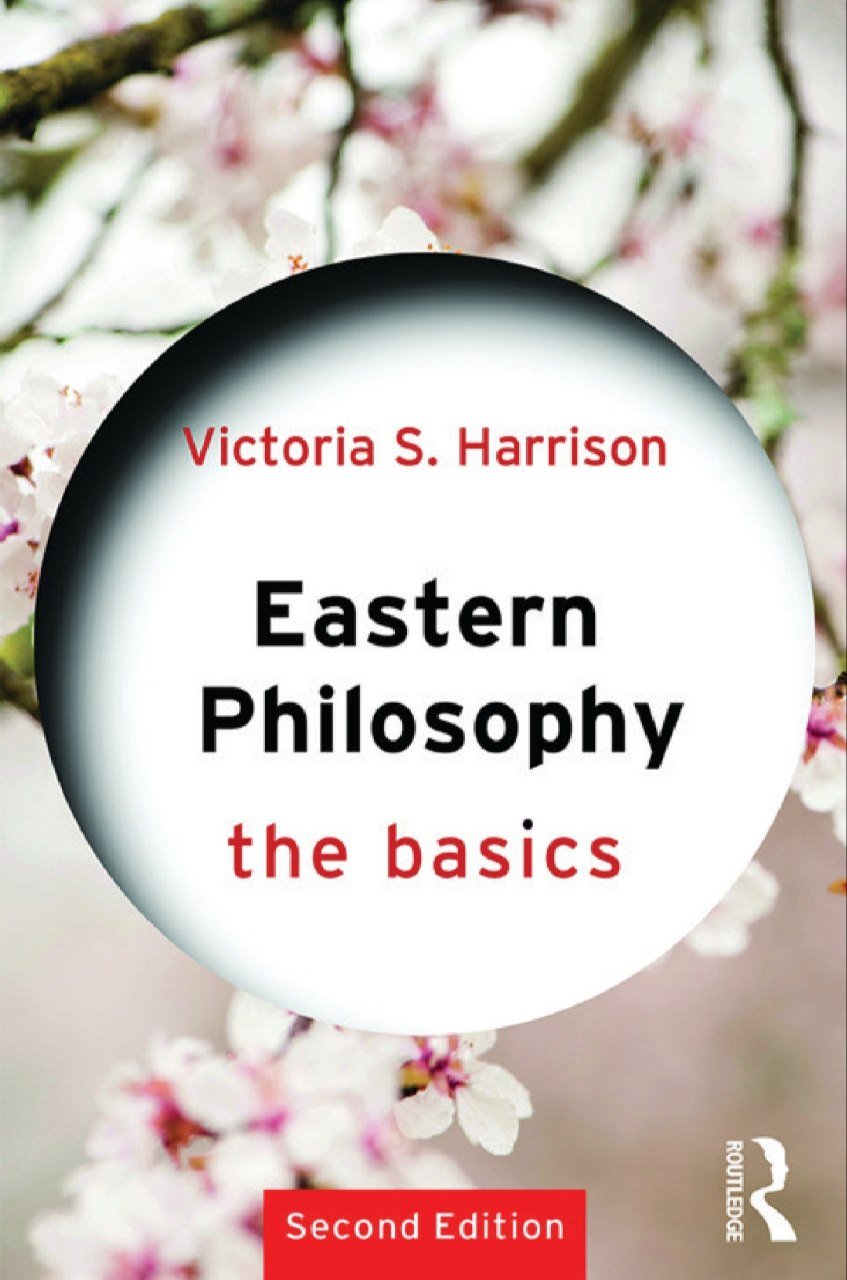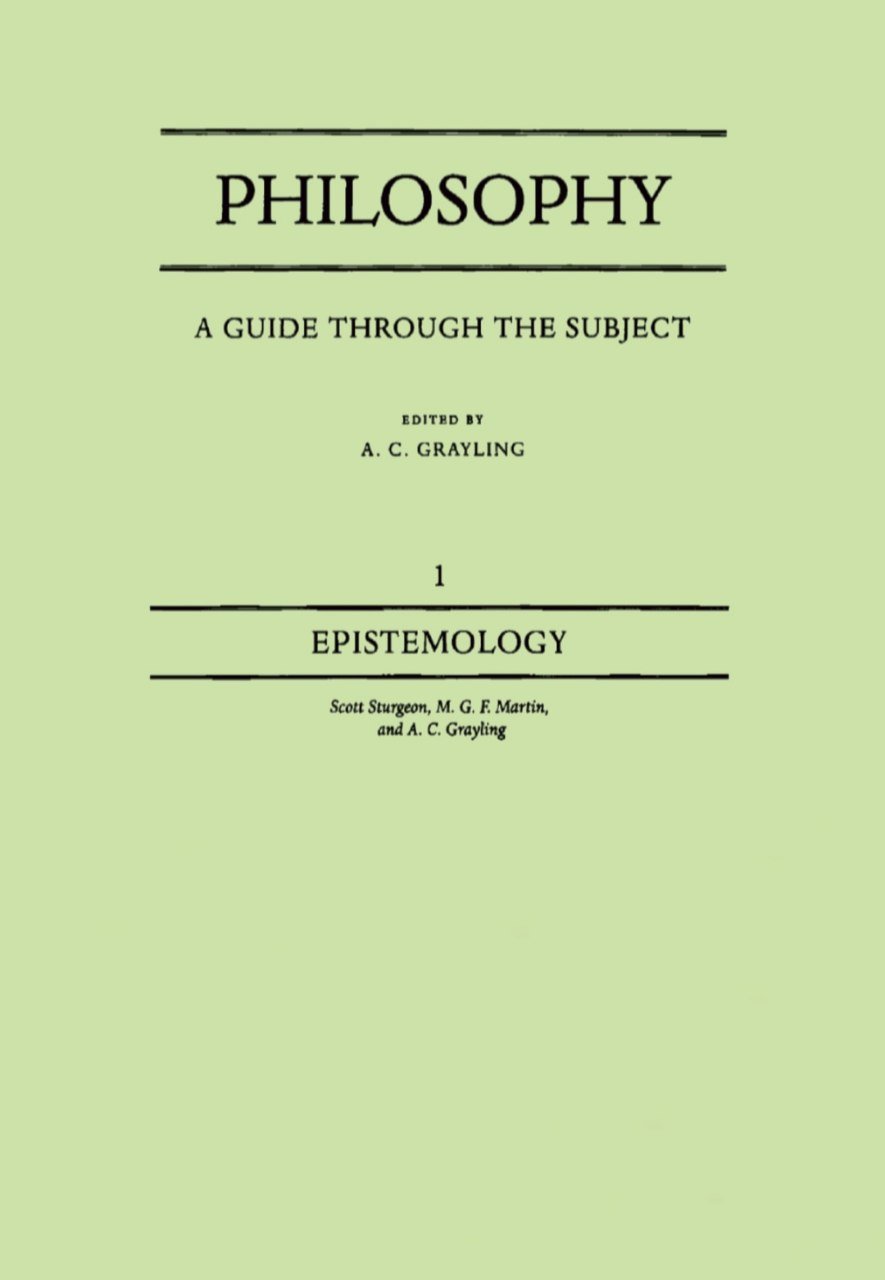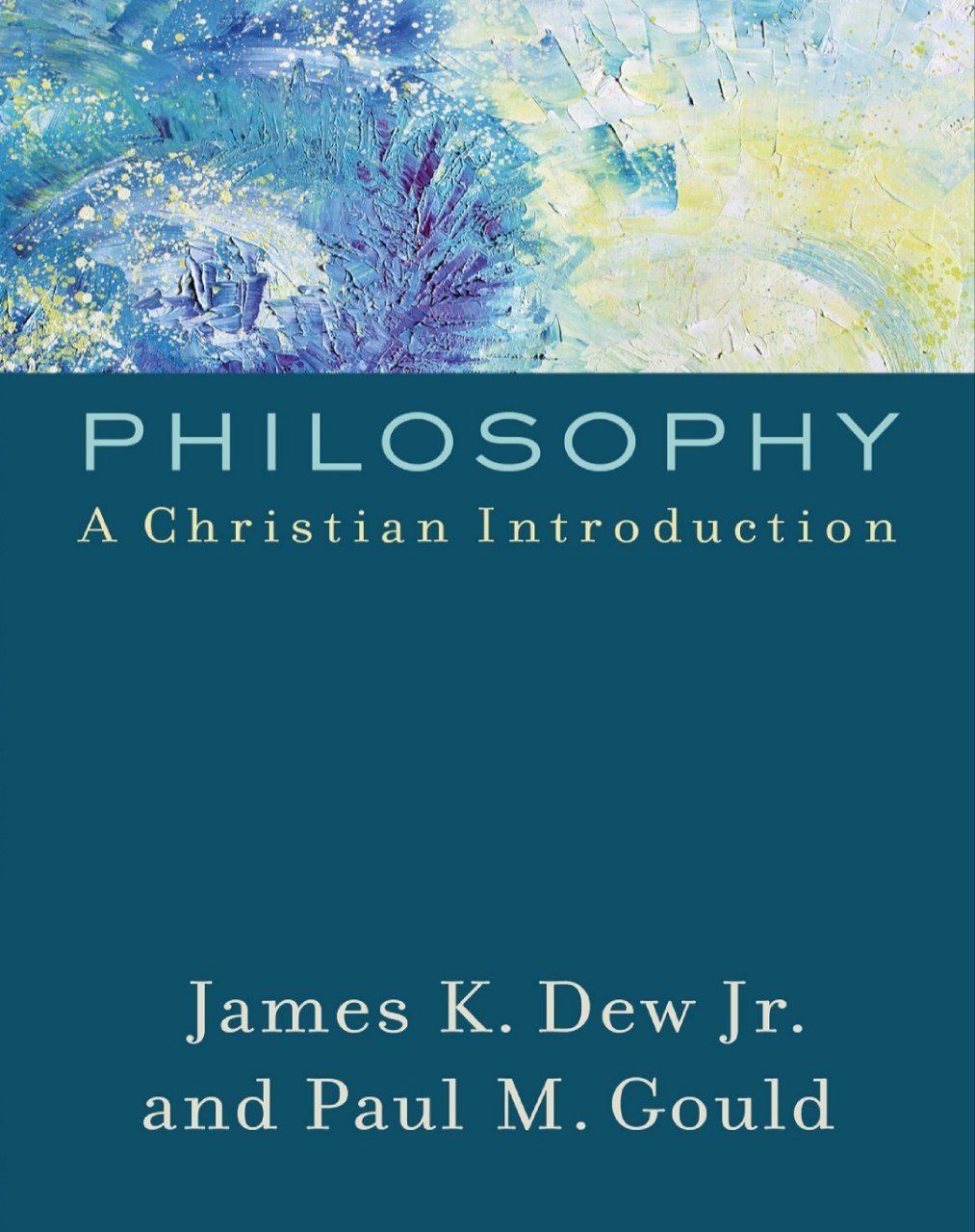

Mind Factory edited by Louis Armand
Reviews
No review yet. Be the first to review this book!
Description
"Mind Factory," edited by Louis Armand and published by Litteraria Pragensia in 2005, is a collection of essays that delves into the intersections of contemporary philosophy, literature, and cultural theory. The book brings together a diverse group of thinkers, offering a critical exploration of how the concept of "the mind" and its relationship to society and technology is understood in modern thought. Drawing from a variety of intellectual traditions, "Mind Factory" challenges conventional narratives and explores how ideas about the mind, cognition, and culture are shaped by broader historical and technological forces. The title of the collection, Mind Factory, refers to the idea of the mind as both a product and a producer of culture, suggesting that cognitive processes and social structures are mutually influencing. This concept of the "mind factory" critiques traditional notions of individual thought, emphasizing how contemporary society and its technological advancements impact human consciousness and perception. The essays in this volume are concerned with a wide array of themes, from the evolution of the mind in relation to technological progress to the ways in which literature and philosophy reflect and shape our understanding of the self. Contributors to the book engage with the concept of the "mind" as a construct influenced by a combination of biological, social, and technological forces. They examine how cognitive theories intersect with social structures and cultural production, offering a broad view of how the mind functions in the context of modernity. The collection also reflects the intellectual climate of its time, addressing issues such as postmodernism, the impact of digital technologies on consciousness, and the changing nature of subjectivity. Philosophers, literary theorists, and cultural critics contribute their perspectives on how the mind is shaped by the forces of globalization, media, and technological advancement. In particular, "Mind Factory" examines how these influences disrupt traditional understandings of individuality and autonomy, proposing that the mind itself is increasingly shaped by external, collective forces. The volume is thus a critical investigation into how culture, technology, and philosophy intersect to redefine human thought and subjectivity. Overall, "Mind Factory" provides a thought-provoking critique of modern thought, challenging traditional ideas about the mind and individual agency, while offering new perspectives on the ways in which society and technology shape our cognitive processes and cultural expressions. This collection serves as an important contribution to contemporary debates in philosophy, cognitive science, and cultural theory.




















.jpg)




.png)



.jpg)







.jpeg)











.jpg)



.jpg)
.jpg)






.jpeg)
.jpg)


.jpeg)
.jpeg)


.jpg)










.jpg)

.jpeg)
























































